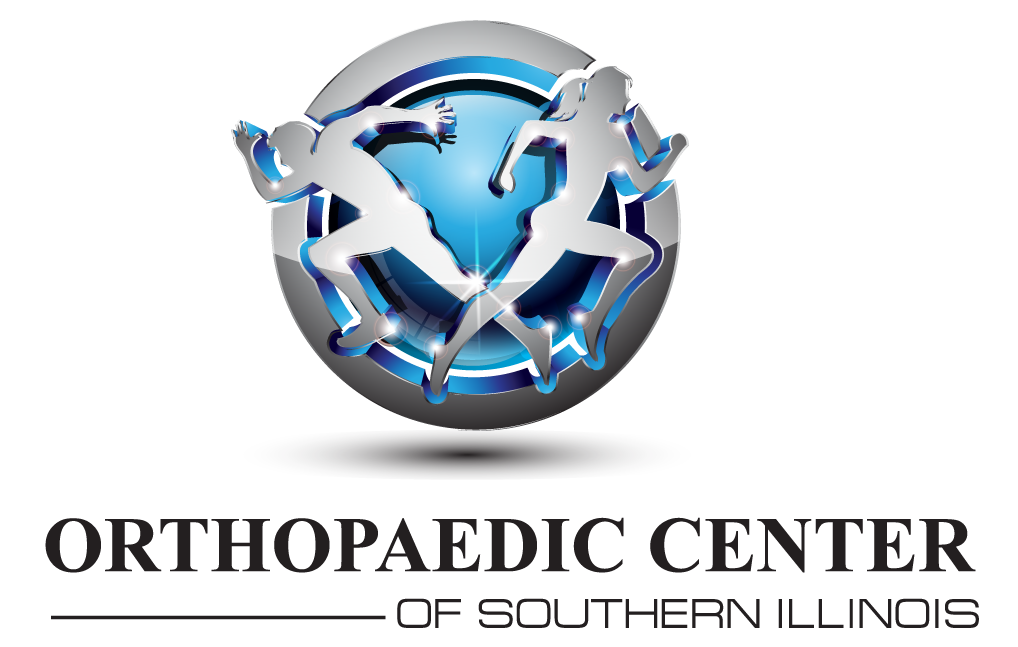Mt. Vernon Campus
-
4121 Veterans Memorial Dr.
Mt. Vernon, IL USA 62864 -
(618) 242-3778
-
Call UsText Us
-
Follow Us
